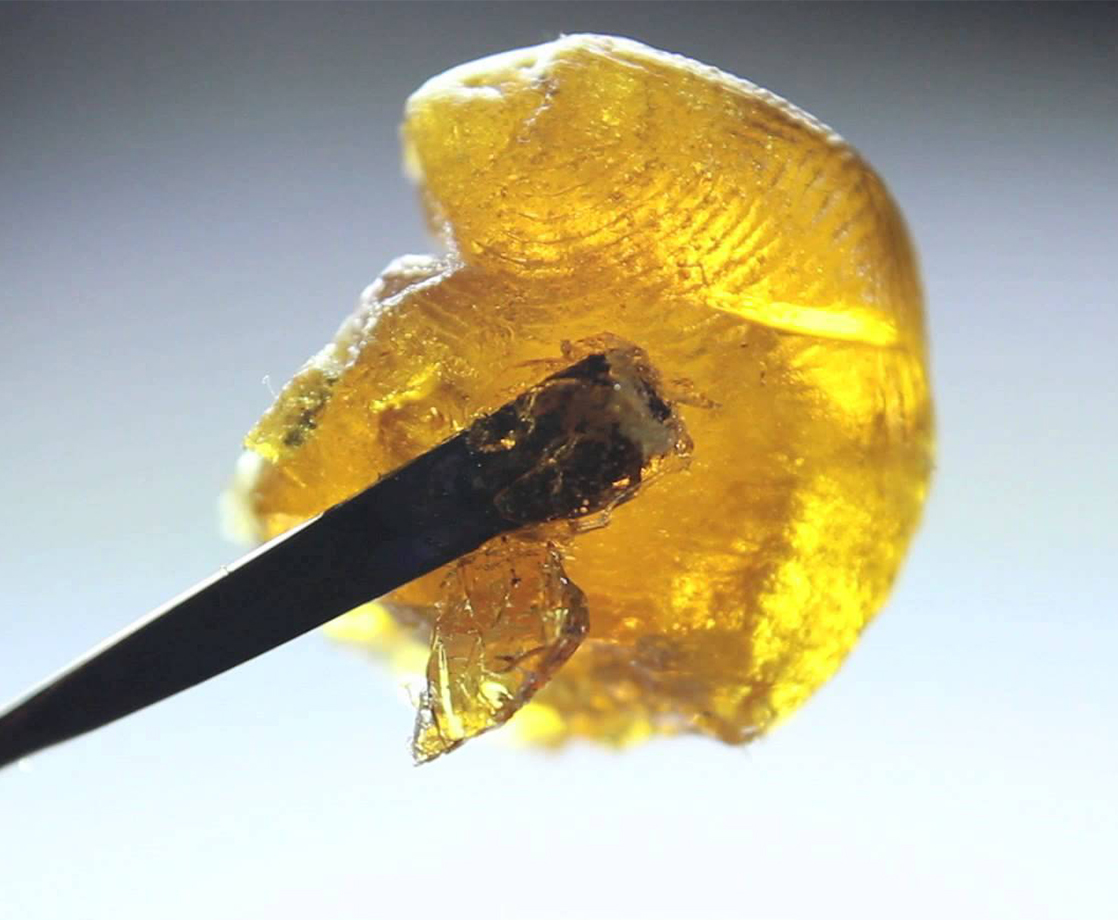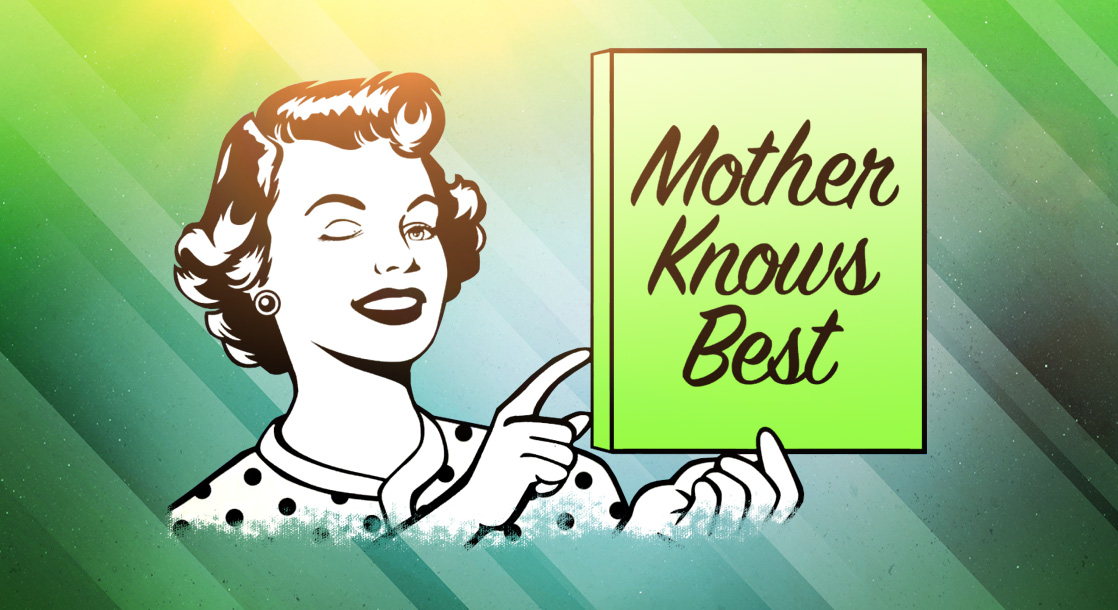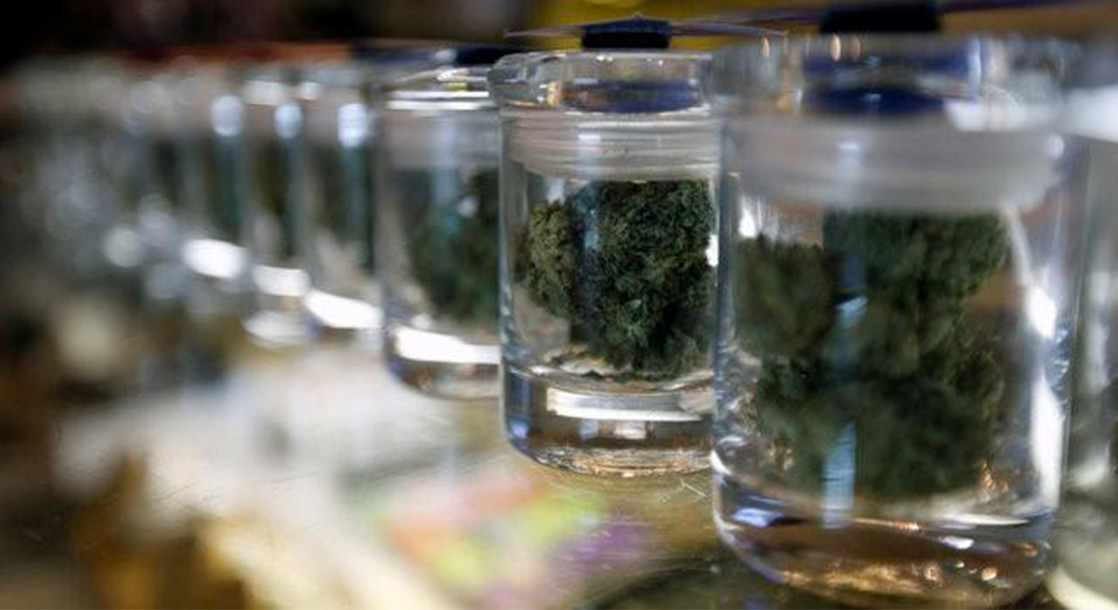On Tuesday, Arizona’s highest court unanimously ruled 7-0 that cannabis extracts and concentrates are legally classified as medical marijuana.
“We hold that [Arizona Medical Marijuana Act’s] definition of marijuana includes both its dried-leaf/flower form and extracted resin, including hashish,” the court ruled in a written statement.
The landmark ruling concerned the case of State of Arizona v. Rodney Christopher Jones. In 2013, Yavapai County police arrested Jones for possessing 1.4 grams of hashish, a form of marijuana concentrate. Although he showed the police his medical marijuana card at the time of his arrest, he was charged with possessing narcotics.
In 2014, Jones was sentenced to 2.5 years in prison over the narcotics charge. While serving his time, he appealed his conviction. In 2018, after he had already been released, the Arizona Court of Appeals upheld his conviction in a 2-1 ruling.
Related: Dab Art for the 710 Society
The law currently defines medical marijuana as “the dried flowers of the marijuana plant, and any mixture or preparation thereof.” While most Arizona jurisdictions interpreted the law to include concentrates and extracts as “mixtures or preparations thereof,” Maricopa and Yavapai County officials didn’t see it that way. Instead, authorities in those two counties treated cannabis concentrates as illicit narcotics, and charged marijuana patients in possession of concentrates, like Jones, as criminals.
However, the Supreme Court smacked down the state’s prohibitionist authorities by declaring that the Arizona Medical Marijuana Act “defines ‘marijuana’ as ‘all parts of [the] plant. The word ‘all,’ one of the most comprehensive words in the English language, means exactly that.”
Demitri Downing, the founder and director of the Arizona Marijuana Industry Trade Association, told Leafly that patients, fearing the court may ban extracts statewide, lined up at dispensaries to stock up on ultra-potent concentrates over the Memorial Day weekend.
Some patients with high-tolerances for cannabis prefer extracts or concentrates for their potencies, which can reach over 90 percent THC by weight. (In comparison, dried flowers usually contain 15 to 20 percent THC.). Other patients — specifically those who cannot smoke due to medical reasons — rely on extracts for dabbing or vaping.
“The court got it right,” read a statement from the ACLU. “Today’s ruling means that qualifying patients no longer have to fear being prosecuted for using their medicine in the form most helpful.”
Follow Randy Robinson on Twitter











